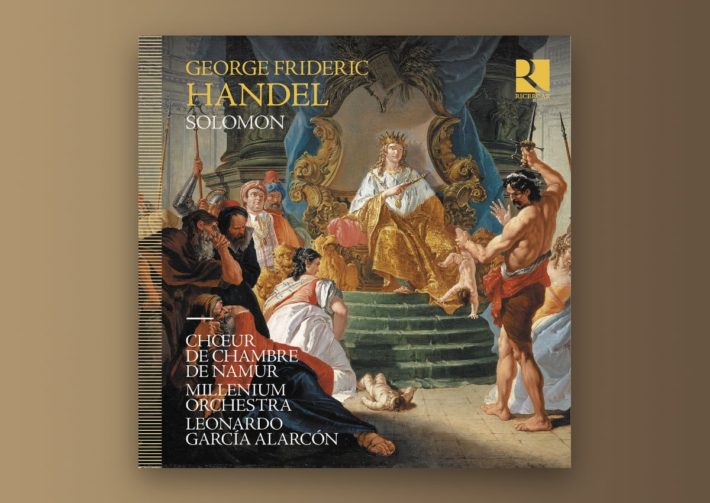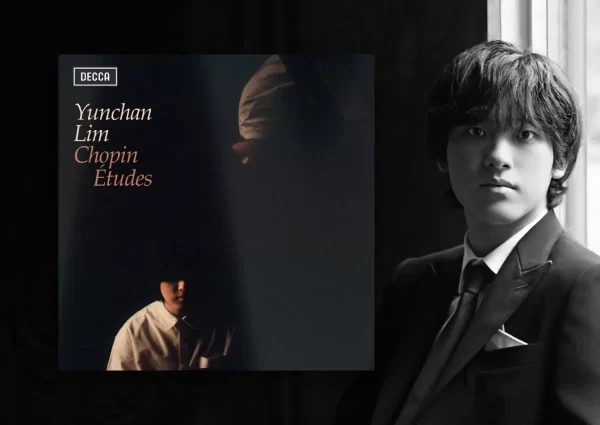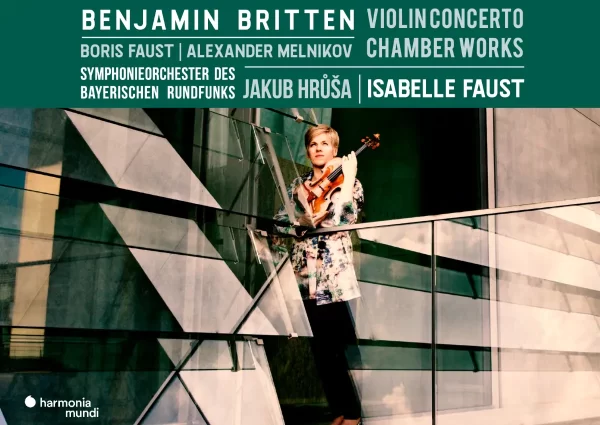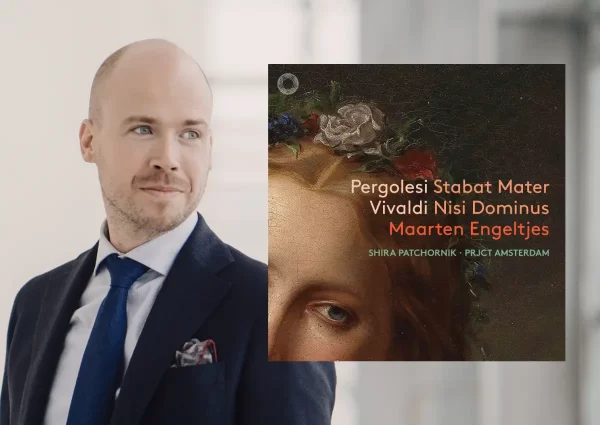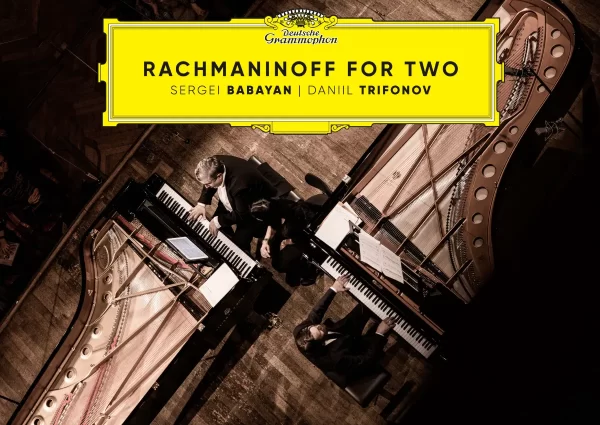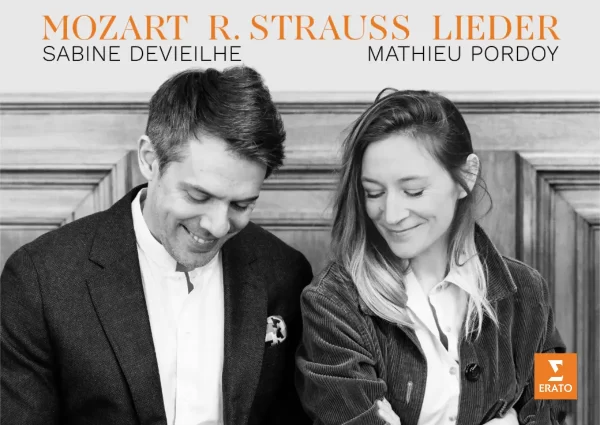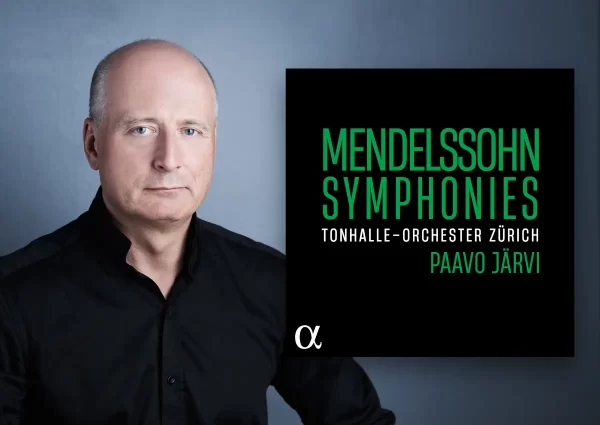Handel‘s Solomon, first performed on 17 March 1749, was not a success. It was performed only two more times that month, and its revival a decade later also had only a handful of performances. A revised version that removed several scenes, was presented just a few weeks before Handel’s death – it also proved unsuccessful. It was then mostly forgotten until Thomas Beecham’s (heavily cut) 1955 recording introduced it to a new generation.
This lack of popularity is most likely due to the music’s mostly contemplative nature. One need only compare its libretto with that of “Israel in Egypt,” “Samson” or “Saul” to recognizes the difference. Nevertheless, more recent period instrument performances have fully revealed the score’s beauty and power. Gardiner’s 1985 Philips recording, my first introduction to the work, is intensely dramatic, though the conductor cuts roughly 15 minutes of music. A few years later Paul McCreesh released the complete oratorio, without any cuts, performed by his Gabrieli Consort. Interestingly, Andreas Scholl sings Solomon in the recording, even though by 1749 Handel was no longer using castratos in his performances. There is also a gorgeously sung 2007 Harmonia Mundi album with the RIAS Kammerchor and Akademie für Alte Musik Berlin led Daniel Reuss, in which Sarah Connolly plays Solomon. (Gardiner, it should be noted, also has contralto Carolyn Watkinson assume the title role).
This new recording, therefore, faces distinguished competition. The Millenium Orchestra is consistently distinguished, its strings agile and sweet, the oboes particularly characterful. Brass and timpani make a splendid noise (listen to CD 1, Tr. 24). The Chœur de Chambre de Namur are similarly impressive, though a larger contingent of singers would add some splendor to the double-choir writing. More problematic is the engineering, which balances the choir too far back, weakening their presence and impact in the more festive movements. Diction lacks the crispness heard in the Gardiner and McCreesh recordings, an issue exacerbated by Alarcón’s tempo choices. His “From the censer curling rise” (CD 1, Tr. 24) is at least 20 seconds faster than the three performances mentioned above; similarly, “Praise the Lord” (CD 2, Tr. 27) is significantly faster than all three, shaving a minute off Gardiner’s reading. These speeds negate the sense of regal nobility heard in those other performances. And while one can admire the virtuosity required to play the famous “Arrival of the Queen of Sheba” at this speed, it surely paints an image of the Queen jogging in to meet King Solomon.
Related Posts
- Review: Handel – Theodora – Il Pomo d’Oro, Emelyanychev
- Review: Handel – Messiah – Jordi Savall
- Review: The Handel Project – Seong-Jin Cho, Piano
The cast of singers is strong. Like McCreesh, Alarcón uses a countertenor (Christopher Lowrey) in the Solomon role. Lowrey is unfailingly musical and a persuasive actor, yet Andrea Scholl is finer still. In the famous trial scene of Act II, Lowrey’s Solomon has an air of objectivity that proves less convincing when placed alongside Scholl’s more impassioned approach. Ana Maria Labin and Gwendoline Blondeel inject a good deal of anxiety into their portrayal of the women claiming to be mother of the child, but Susan Gritton and Carolyn Sampson (McCreesh again) find a deeper level of anguish and intensity in their performance. However, the love music heard in the first act, some of the most sensuous music Handel ever wrote, is beautifully done. Tenor Matthew Newlin’s Zadok is impressive, though he sometimes strains in his higher range, and Andreas Wolf’s deeply stentorian Levite is especially enjoyable.
So, despite these frustrations, this is a distinguished new addition to the catalogue. Alarcón also presents the oratorio complete and uncut. McCreesh’s recording has the largest forces, which ensures the big choral numbers have tremendous swagger. The solo singing on the Reuss recording is exceptional, though there are times when Reuss loses the dramatic pulse. Gardiner’s pioneering version has tremendous choral singing and a strong cast of singers (Carolyn Watkinson is perhaps my favorite Solomon), but a significant amount of music is missing. If the engineering was better, this could very well stand shoulder to shoulder with the Gardiner and McCreesh recordings. My advice – sample before you buy.

Handel – Solomon
Soloists
Chœur de Chambre de Namur
Millenium Orchestra
Leonardo García Alarcón – Conductor
Ricercar, CD RIC449
Recommended Comparisons
Read more classical music reviews or visit The Classic Review Amazon store
Follow Us and Comment:
Get our periodic classical music newsletter with our recent reviews, news and beginners guides.
We respect your privacy.

